The plan was to spend time with family and friends in his home country of Singapore before taking up a lucrative job in Malta. On returning to Singapore, however, his life began to unravel.
‘Who I am’: Macau-born chef in Vancouver Steven Che tells his story in food
‘Who I am’: Macau-born chef in Vancouver Steven Che tells his story in food
“I was exercising a lot. One day I was running under the hot sun and began to feel sick,” he says. “That night, when I went to bed, my heart was beating so fast, I almost fainted.”
Lau was rushed to hospital for tests, but doctors were unable to find any physical problem. “They said, ‘There’s nothing wrong with you, it’s probably anxiety or a panic attack’, but what I felt was so intense I thought I was going to die.
“It was the start of my one-year nightmare.”
According to Lau, doctors initially failed to properly advise what to do or how to deal with his condition and he remained convinced something was wrong with his body, possibly a brain tumour.
He went for scans and MRIs, which all came back normal. Being told he was healthy only fed his anxiety and started a downward spiral.
Plans for Malta were cancelled and Lau confined himself to his parents’ house. Soon, he was unable to go out or take public transport by himself without feeling overwhelmed.
There were times I found myself at the restaurant at 4am because I couldn’t sleep, so I would go in and try and come up with a new dish
Things got so bad that “I even had to have my mom sleep with me at night, in my room”, Lau says.
As he opens up about his gruelling routine, however, it’s less surprising that something had to give.
A typical work day would start at dawn and finish after midnight. He would then go to the gym and not get home until 3am. Instead of going to bed, he would read cookbooks for another hour in a relentless quest for self-improvement.
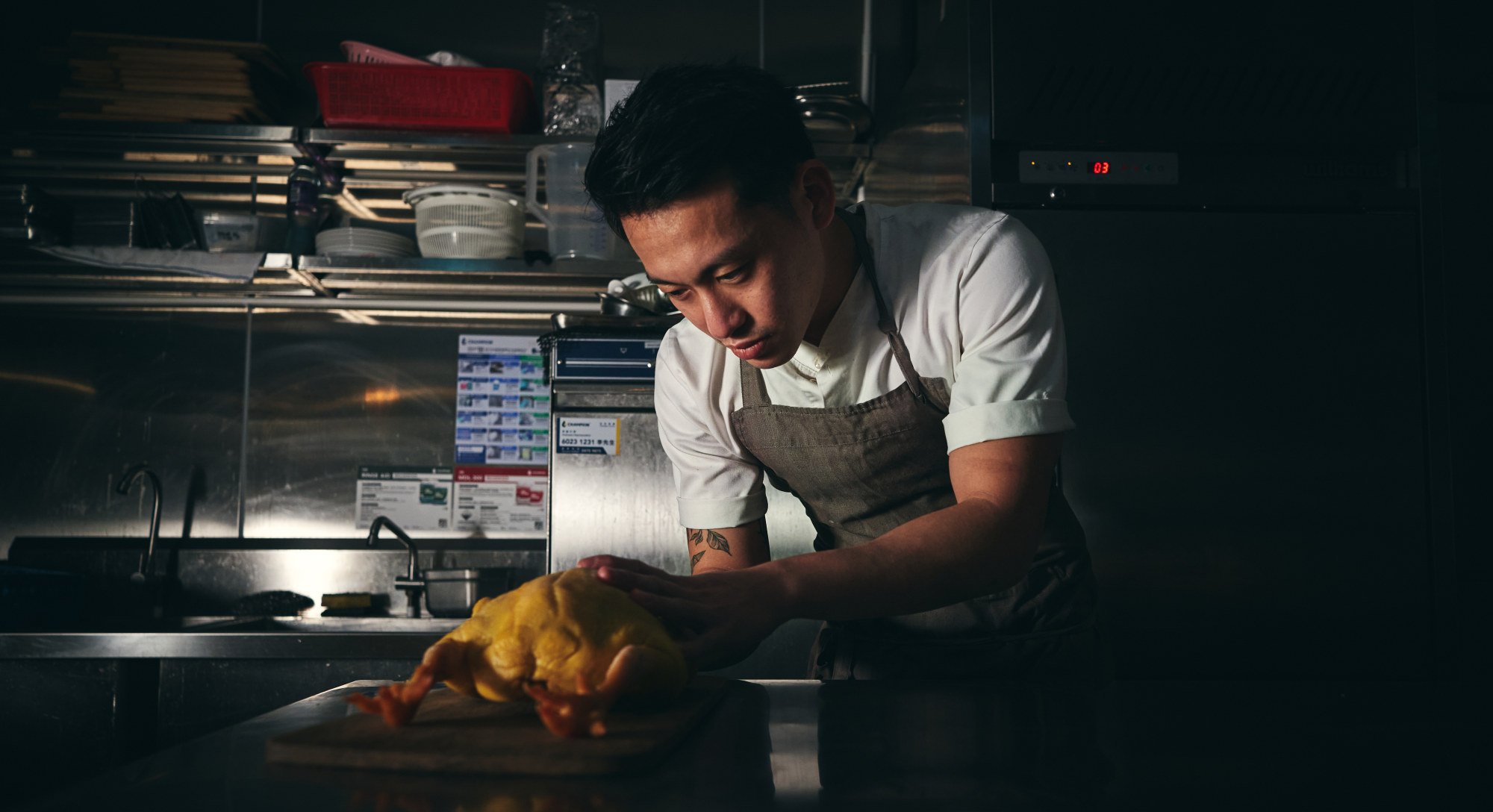
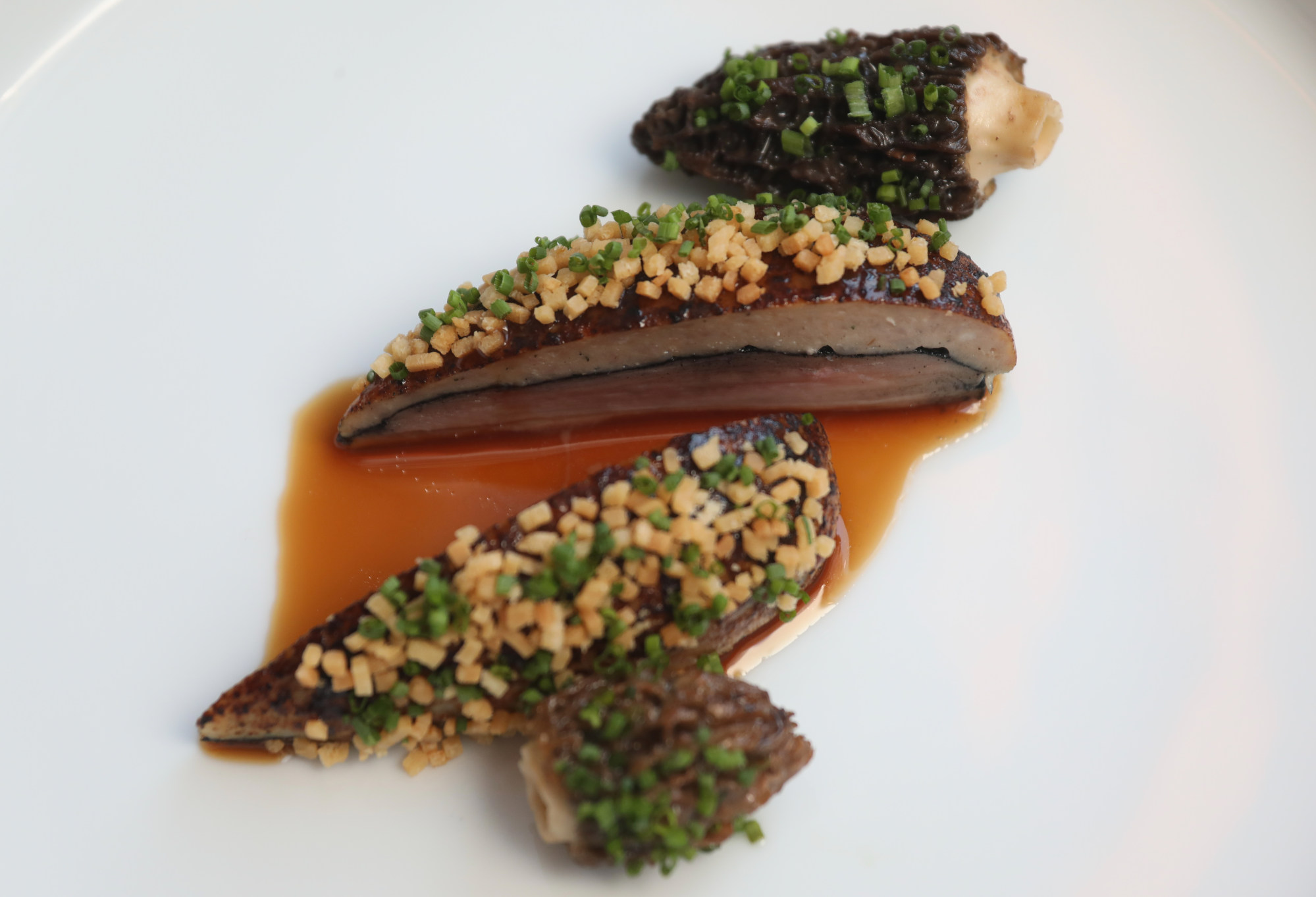
“I just wanted to win at everything and loved the grind,” says Lau. “There were times I found myself at the restaurant at 4am because I couldn’t sleep, so I would go in and try and come up with a new dish.”
Eventually, Lau sought therapy and accepted that he was suffering from panic attacks. It was a slow road to recovery, and his mother remained at his side.
About six months later, “I realised I had to take back control of my life”, he says.
Restaurant kitchens can be rude, but for this chef ‘happiness comes first’
Restaurant kitchens can be rude, but for this chef ‘happiness comes first’
It was what he needed to get back in the kitchen. The tedious task of filleting fish was therapeutic, and the prospect of holding a knife and cooking again excited Lau.
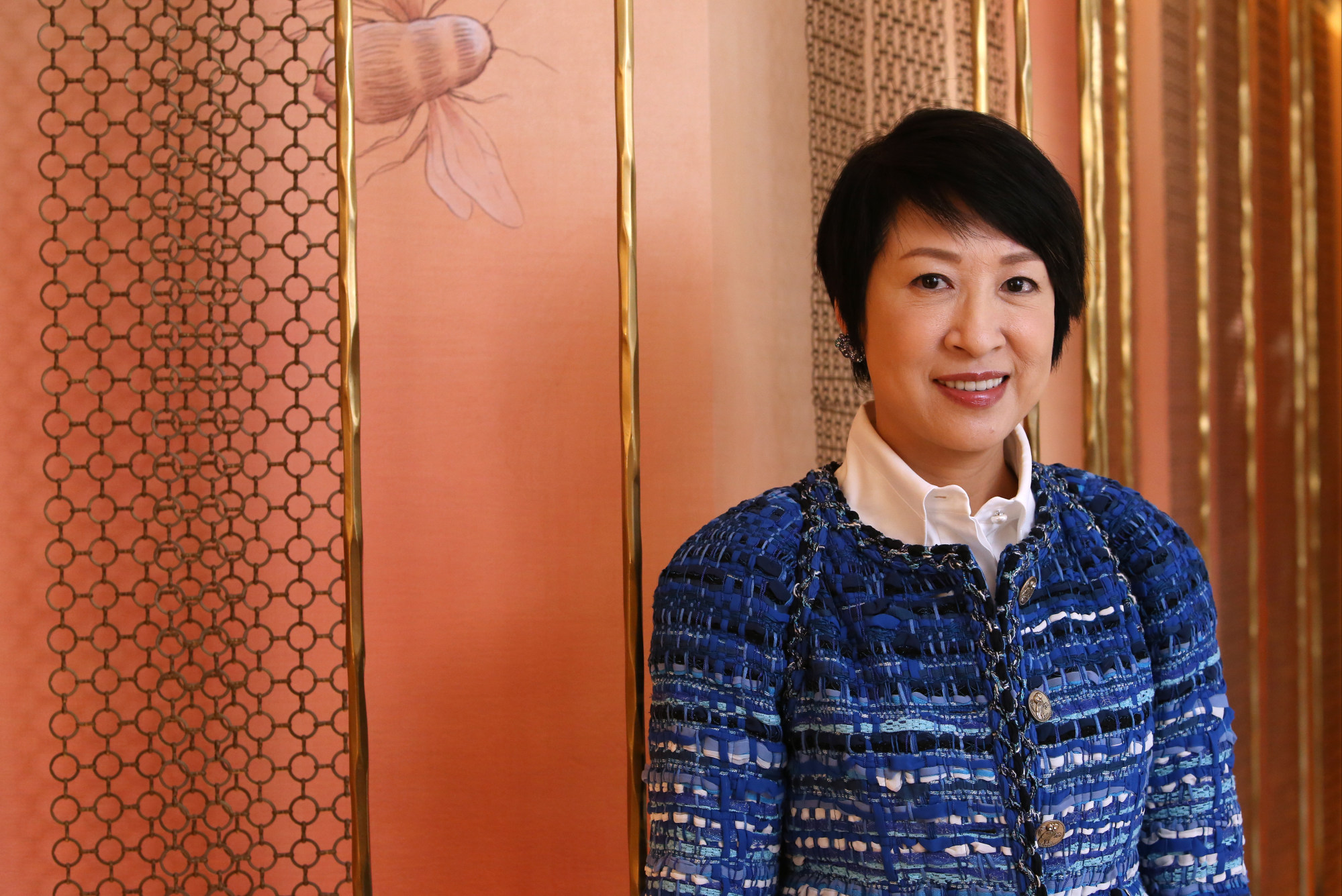
“I don’t know what gave me the confidence to say yes, but I did. We had a video call and although I was afraid of telling my future boss about my condition, I was very open about it. She then flew me to Hong Kong to meet face to face.
“I told her, ‘I’m not at my best right now but if you give me a year, I’ll take the job’, to which she replied, ‘We’ll give you the time that you need and look forward to you joining us’.”
Lau returned to Hong Kong earlier this year as executive chef at Épure in Harbour City, Tsim Sha Tsui, working three days a week.
Instead of launching a new menu with a bang as he might have done in the past, Lau has been quietly developing dishes for the contemporary French fine-dining establishment.
With the restaurant located in a huge shopping centre, Lau must balance accessibility and exclusivity, especially at lunchtime, for a mix of office workers, shoppers and Chinese tourists.
At dinner, the goal is to shift Épure from a special occasion restaurant to a regular dining destination.
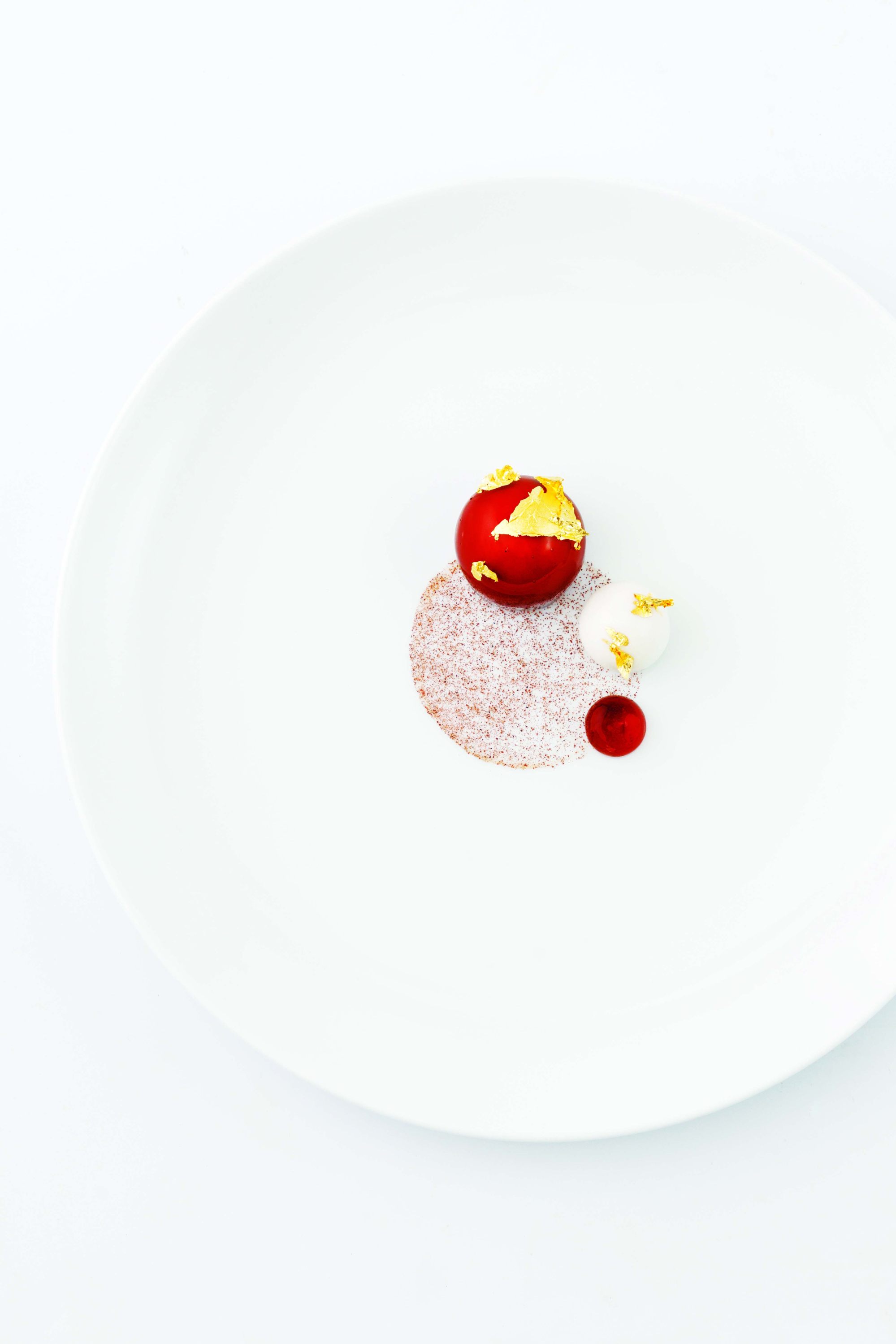
What hasn’t changed is Lau’s focus on making food that is delicious and beautiful, with a wow factor.
“I’m not trying to cook food that’s life changing, but it has to shine and have an element of surprise,” says Lau.
In addition to a crab and avocado signature dish from Bâtard, the menu is filled with new creations, among them an exquisitely presented curried crab dish with cauliflower cream topped with a vibrant green disc of apple and curry leaf jelly.
‘That was the wake-up call’: bar and restaurant staff on giving up alcohol
‘That was the wake-up call’: bar and restaurant staff on giving up alcohol
Asked if the long hours associated with the hospitality industry contributed to his stress, Lau demurs, though he concedes that working conditions can be harsh and the pay low.
He says his experience has made him more understanding.
“I have a lot of empathy now for others,” he says. “In the past, when I saw someone not focusing in the kitchen, I would have a go at them. I’ve learned to take a step back and check if there’s a problem.”
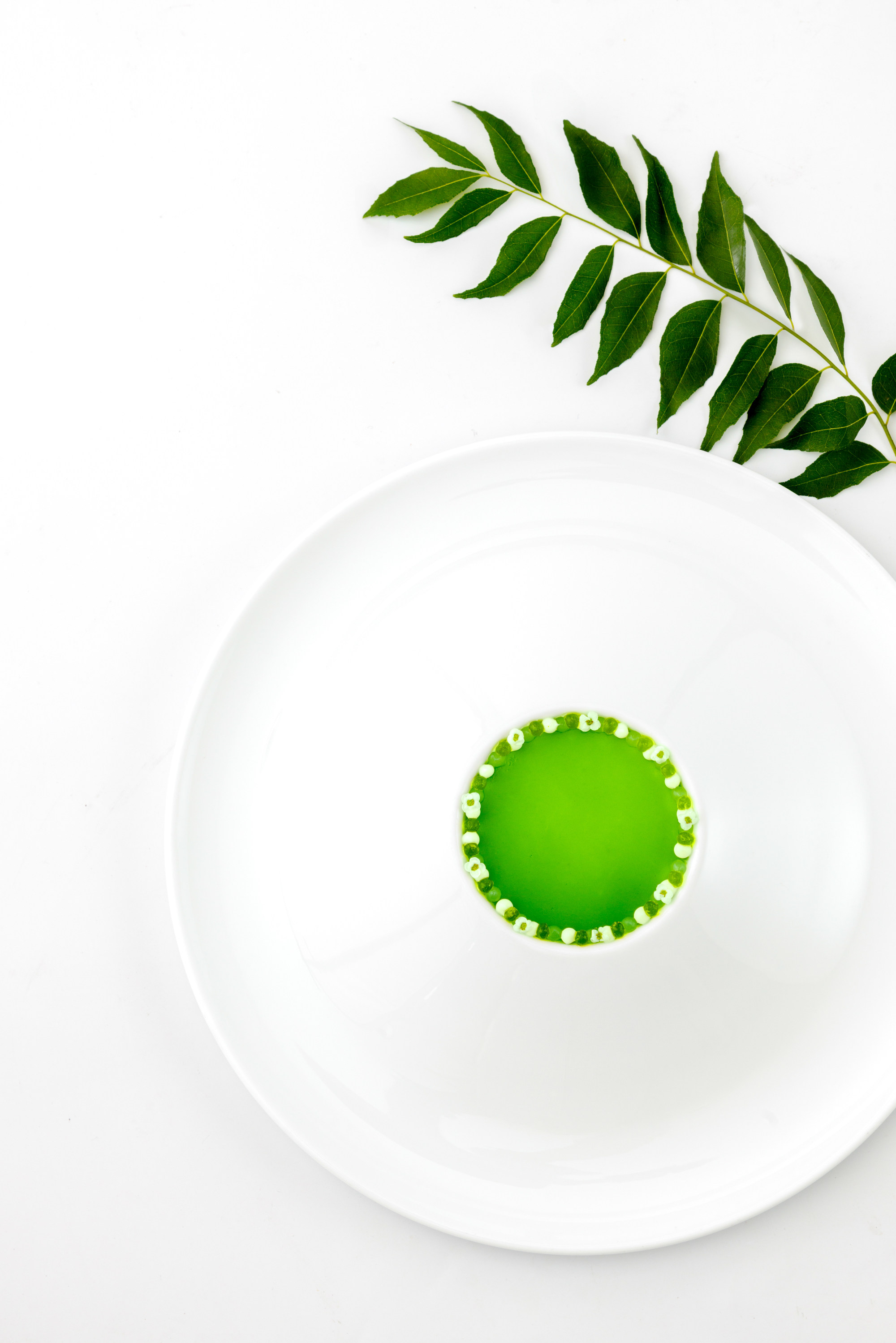
“Sometimes you can see on their faces that they’re having a bad day and just need to take a break.”
The most important lesson Lau has learned is patience.
“I used to be the most impatient person on Earth. If I wanted something I would go full force to achieve it. I thought the more I grind, the more I’ll improve. But now I know that you must slow down, go the longer way, and be patient.”
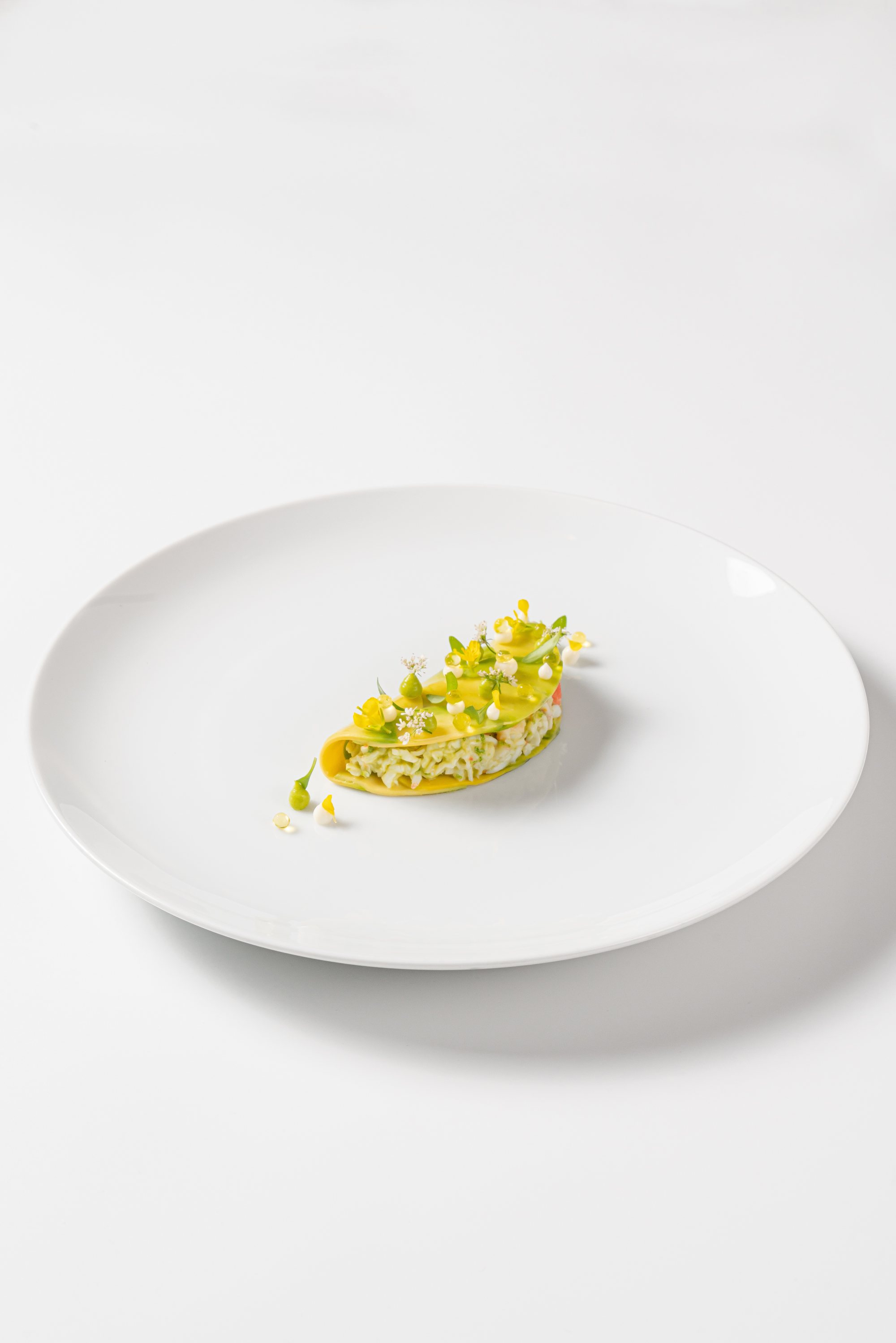
“Everyone close to me helped. By being open, I feel a million times better. Panic and anxiety are real. Depression is real,” he says, adding that it might be hard for those who haven’t been through it to understand.
“I want to talk about it because it might give others hope. Talking to people and reading articles about getting through helped me come out the other side.
“The panic will pass, and you will be all right again.”

